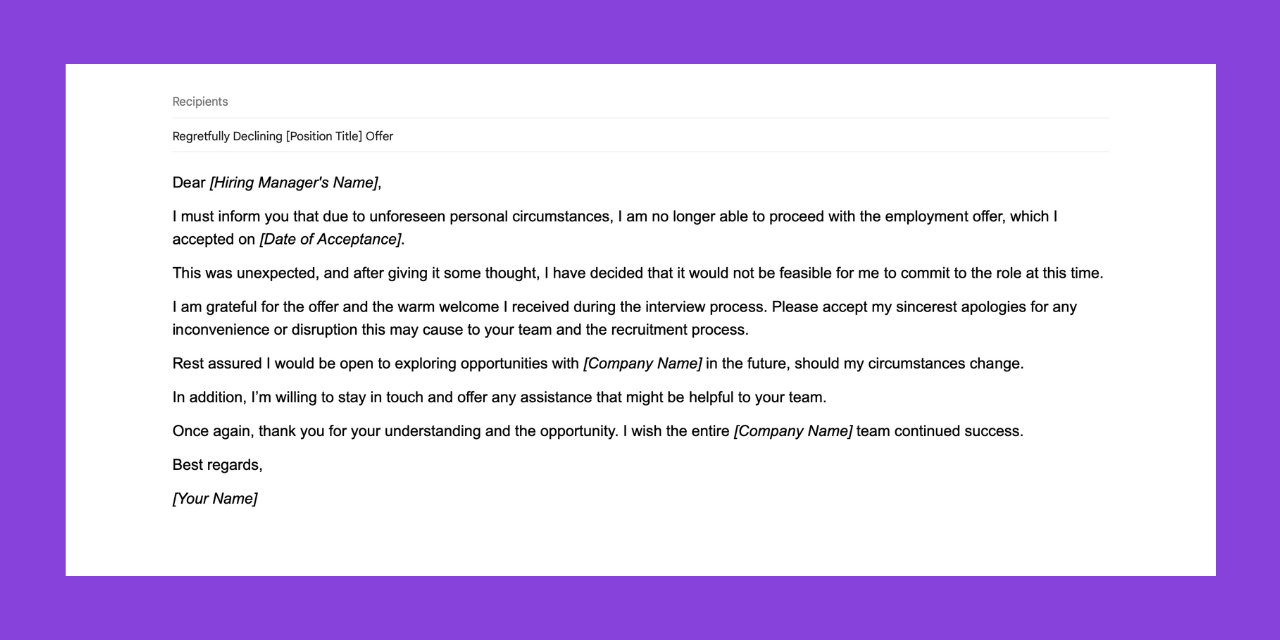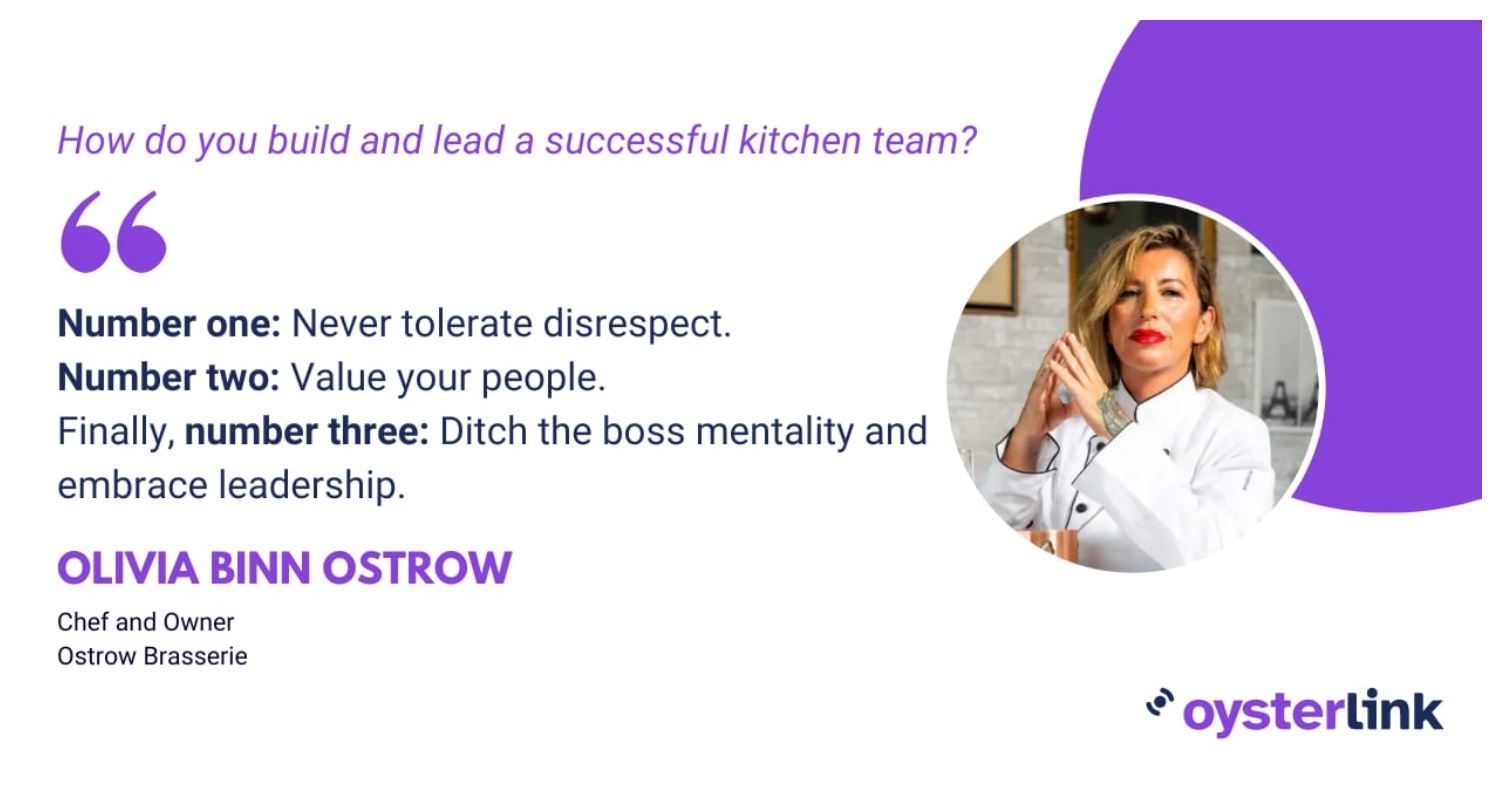Kitchen Manager Career Guide
Discover the career requirements for Kitchen Managers and understand what it takes to lead a kitchen with our Kitchen Manager career overview guide.
Read on for important info about salary, possible restaurant career paths, the pros and cons of kitchen management and more.
Kitchen Manager Definition
Kitchen Managers, also known as Culinary Managers, Kitchen Supervisors, Kitchen Directors and Culinary Leads, streamline back-of-house operations in restaurants, bars and other establishments.
They train and supervise staff members, make sure all bottlenecks are addressed and collaborate with other departments to keep everything running smoothly.
Kitchen Manager Job Responsibilities
Your responsibilities as a Kitchen Manager can vary depending on your establishment, the number of people you work with and even the food you serve customers.

However, Kitchen Managers are usually assigned the following responsibilities:
- Lead day-to-day back-of-house or kitchen operations
- Control food and labor costs, minimize waste and prepare monthly budget reports
- Oversee food preparation and ensure all quality standards are met
- Manage kitchen staff, including training, hiring and supervision
- Maintain an organized and clean kitchen
- Delegate workflow and report any concerns to management or human resources
- Maintain compliance with health and safety regulations and HACCP processes
- Maintain kitchen inventory and kitchen equipment
Check out our Kitchen Manager job description for more Kitchen Manager duties and responsibilities.
Requirements to Become a Kitchen Manager
Categorized as Food Service Managers, Kitchen Managers typically require several years of work experience (less than five years) in addition to a high school diploma.
However, keep in mind that 52% of Food Service Managers in the U.S. reported having less than a high school diploma to get their job. This shows that experience is more important than education in the field of food service and kitchen management.
Top Skills for Kitchen Managers
People in the field of kitchen and restaurant management need to have or develop the following work-related skills to ensure efficient business operations and customer satisfaction.
- Active listening
- Customer service
- Time management
- Critical thinking
- Resource management
Know how to incorporate your skills in your next Kitchen Manager job interview with our Kitchen Manager interview guide.
Kitchen Manager Salary Expectations
As per Indeed, Salary.com and ZipRecruiter, Kitchen Managers earn an average of $56,460 per year or $4,705 per month, making it one of the best-paying restaurant jobs in the U.S.
The mean annual wage for Kitchen Managers in the U.S. has been on the rise, increasing by almost 19% since 2020.
For more information on Kitchen Manager salaries, head to our article on Kitchen Manager salary trends.
Career Trajectory for Kitchen Managers
Once you become a Kitchen Manager, there are still many ways you can climb the hospitality ladder.
- Work different stations: Try your hand at various cooking stations like sauté, grill or pastry. This will give you a better understanding of the whole kitchen operations.
- Get certified: Take advanced courses and earn certifications like Kitchen Manager Certification or Food Safety Manager Certification. These will make you stand out among other Kitchen Managers.
- Aim for higher positions: Positions like Sous Chef, Executive Chef and Restaurant Manager are typically considered higher-level than Kitchen manager given the wider scope of responsibilities. Once you gain enough experience and expertise, moving to these roles will most likely give you higher pay.
- Lead projects: Volunteer to lead special projects, like creating a new seasonal menu, improving kitchen efficiency or managing a big catering event. Successfully handling these projects can show you’re ready for a bigger role.
Pros and Cons of Kitchen Management
Although kitchen management can be a rewarding experience, it comes with its set of challenges. Check out the pros and cons below.
Pros
- Hands-on work
- Creative freedom
- Team leadership
- Competitive salary
Cons
- Stressful and strenuous workload
- High-pressure situations
- Long and irregular hours
See What Kitchen Management Professionals Have to Say

Read the complete interview with Chef Olivia here.
